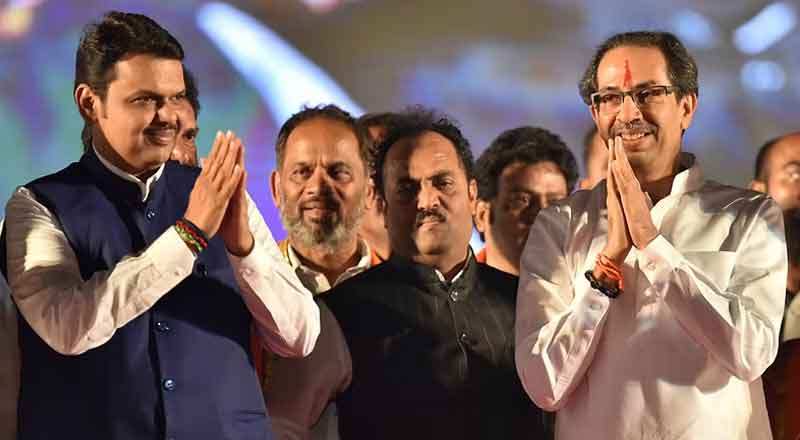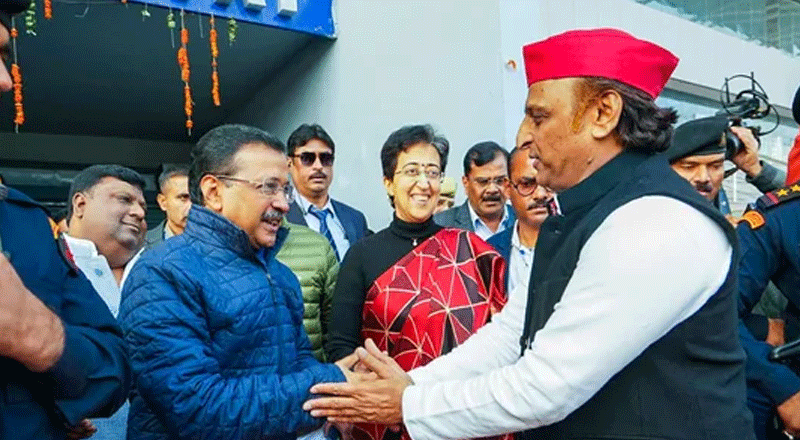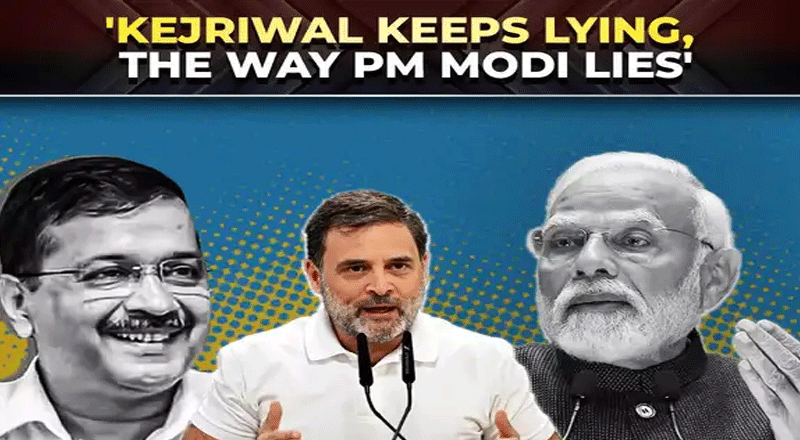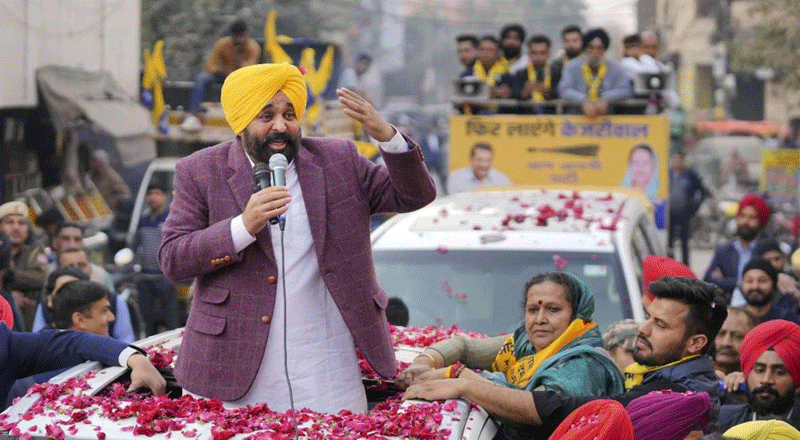As Maharashtra heads into a critical election on November 20, parties are vying for power through a combination of targeted promises, regional alliances, and caste-based appeals. With 9.7 crore voters ready to decide the fate of 288 assembly seats, the competition is fierce, particularly between the ruling BJP-led Mahayuti alliance and the Congress-led Maha Vikas Aghadi (MVA). Both alliances are tapping into pressing issues like inflation, unemployment, caste concerns, and regional loyalty, fuelling an unprecedented “freebie war” to win over key demographics—especially women, farmers, and young voters.
The Freebie Race: Promises for Every Demographic
The race for free benefits has intensified, with parties going head-to-head to offer the most attractive incentives. Recognizing inflation’s impact on daily life, the Mahayuti government initially introduced a scheme offering ₹1,500 per month to women with incomes below ₹2.5 lakh annually. This led the BJP to increase its offer to ₹2,100, while Congress countered with an even higher monthly payout of ₹3,000. This bidding war has underscored the parties’ focus on alleviating inflation pressures and is likely to be a central issue for voters.
Unemployment among youth remains a critical concern, and the BJP has pledged ₹10,000 per month for 10 lakh students, along with 25 lakh new job opportunities. Congress, aiming to draw young voters, has promised ₹4,000 per month for the unemployed. Meanwhile, in women’s empowerment, the MVA’s Mahalaxmi Scheme—offering ₹3,000 per month and free bus rides for women—stands in contrast to the BJP’s ‘Ladki Bahin’ initiative, which offers ₹2,100 per month and a recruitment drive for 25,000 women police officers.
Farmers, who often bear the brunt of rural debt and economic strain, have become another key demographic in the freebie race. The BJP has proposed a 30% reduction in power bills, an increase in old-age pensions, and an expanded Kisan Samman Yojana payout. The MVA counters with a substantial ₹3 lakh farm debt waiver, appealing to Maharashtra’s extensive farming community.
Caste Dynamics and Reservation Politics: A Tipping Point
The Maharashtra election is not just about economic benefits but also about caste, reservation, and identity politics. The ongoing Maratha reservation agitation and OBC counter-movements are expected to impact the outcome, especially in the Marathwada region, where Marathas, a politically influential group comprising 28% of the population, have historically been a deciding factor.
The BJP-led alliance is focusing on consolidating support from non-dominant castes, with Maratha and OBC leaders prominently featured in its ranks. The MVA, on the other hand, has traditionally relied on the Maratha-Muslim-Mahar coalition, hoping to leverage this historical voter base. Within the Mahayuti alliance, Chief Minister Eknath Shinde appeals to Kunbi and OBC groups, while Deputy Chief Minister Devendra Fadnavis has strong ties with the upper castes. Conversely, Uddhav Thackeray’s faction draws significant support from Muslims, Scheduled Castes, and Scheduled Tribes. Together, these alliances highlight a polarized electorate, with caste loyalties and reservation demands playing a pivotal role in shaping the narrative.
Adding to this dynamic, the Rashtriya Swayamsevak Sangh (RSS) has launched the ‘Sajag Raho’ campaign to unify Hindu voters, further emphasizing the communal undercurrents influencing the election.
Infrastructure Push and Corruption Allegations: Development at a Crossroad
The ruling government’s push for infrastructure development has been a core part of its strategy, with projects like the Samruddhi Mahamarg, Navi Mumbai Airport, and the Dharavi Redevelopment Project symbolizing the BJP’s vision for Maharashtra’s future. The Mahayuti alliance aims to convince voters that continued leadership will expedite these projects, transforming Maharashtra into a model of modern development.
However, the MVA has accused the BJP of favouritism and corruption in the allocation of lucrative Mumbai land deals to contractors. These allegations have raised doubts about transparency and governance, with the opposition demanding accountability in infrastructure spending and land allotments.
Opinion Polls: A Close Race with Slight Edge to the BJP-led Mahayuti
Recent opinion polls by Matrize project a likely win for the BJP-led Mahayuti, predicting it could secure between 145-165 seats, compared to the MVA’s expected 106-126 seats. The BJP’s recent win in Haryana has energized its Maharashtra cadre, while the MVA has struggled with internal disagreements on seat-sharing and leadership roles. Despite these challenges, the MVA remains hopeful, confident that its promises and targeted appeals will resonate with voters.
A Decisive Election for Maharashtra’s Future
The November 20 election is a high-stakes showdown, where economic promises, caste-based appeals, and alliances within alliances will test Maharashtra’s political landscape. The freebie war highlights both the desperation and determination of each party to sway the electorate. The BJP-led Mahayuti is banking on development and controlled inflation, while the MVA aims to connect with discontented youth, women, and marginalized communities through enhanced social welfare.
Ultimately, this election will set the tone for Maharashtra’s trajectory, with either a continuation of BJP’s development-centric rule or a shift back to the MVA’s more socially inclusive governance model. As voters decide, they hold the power to shape not only Maharashtra’s immediate future but also influence the trajectory of political discourse across India.
(With inputs from agencies)





